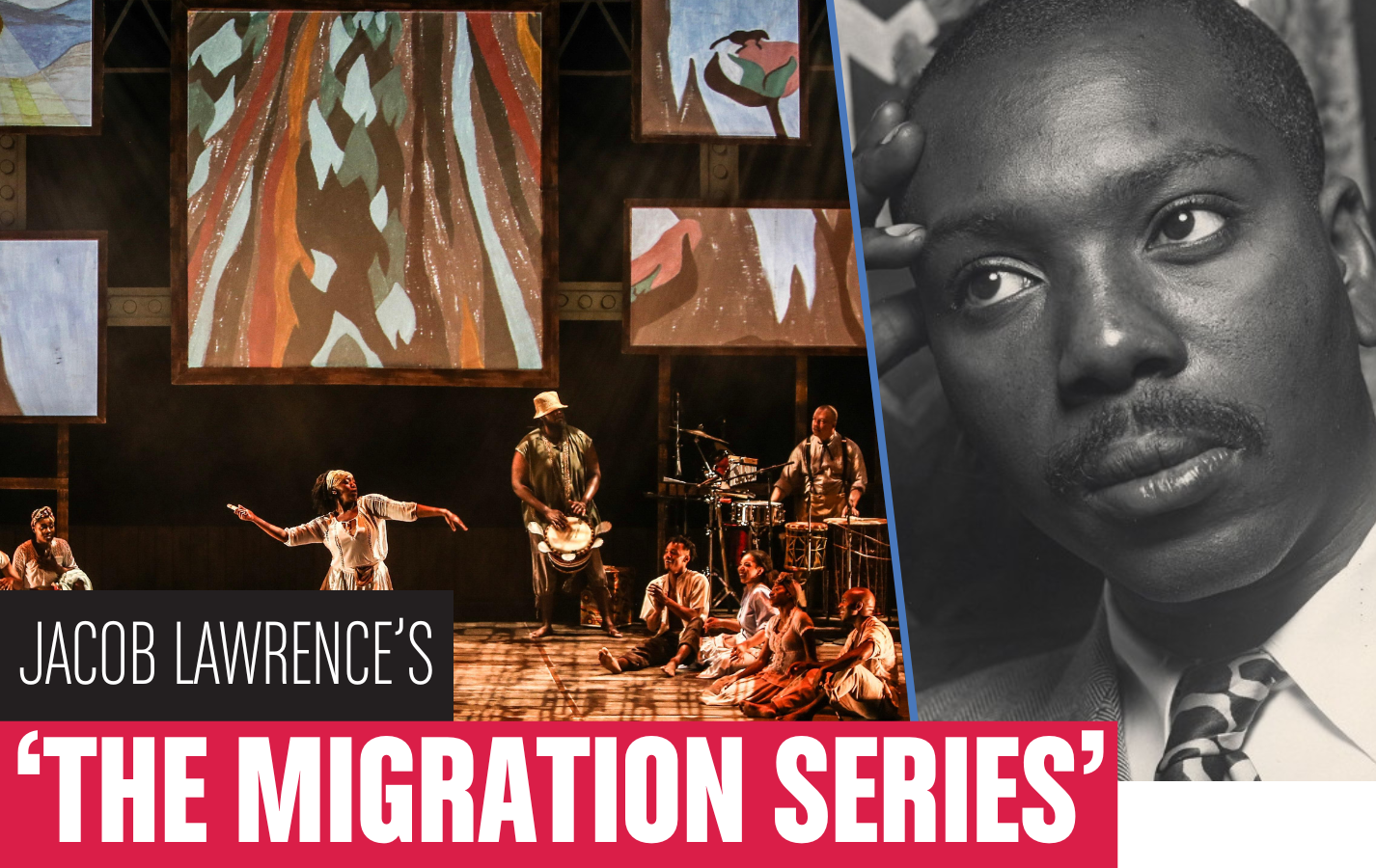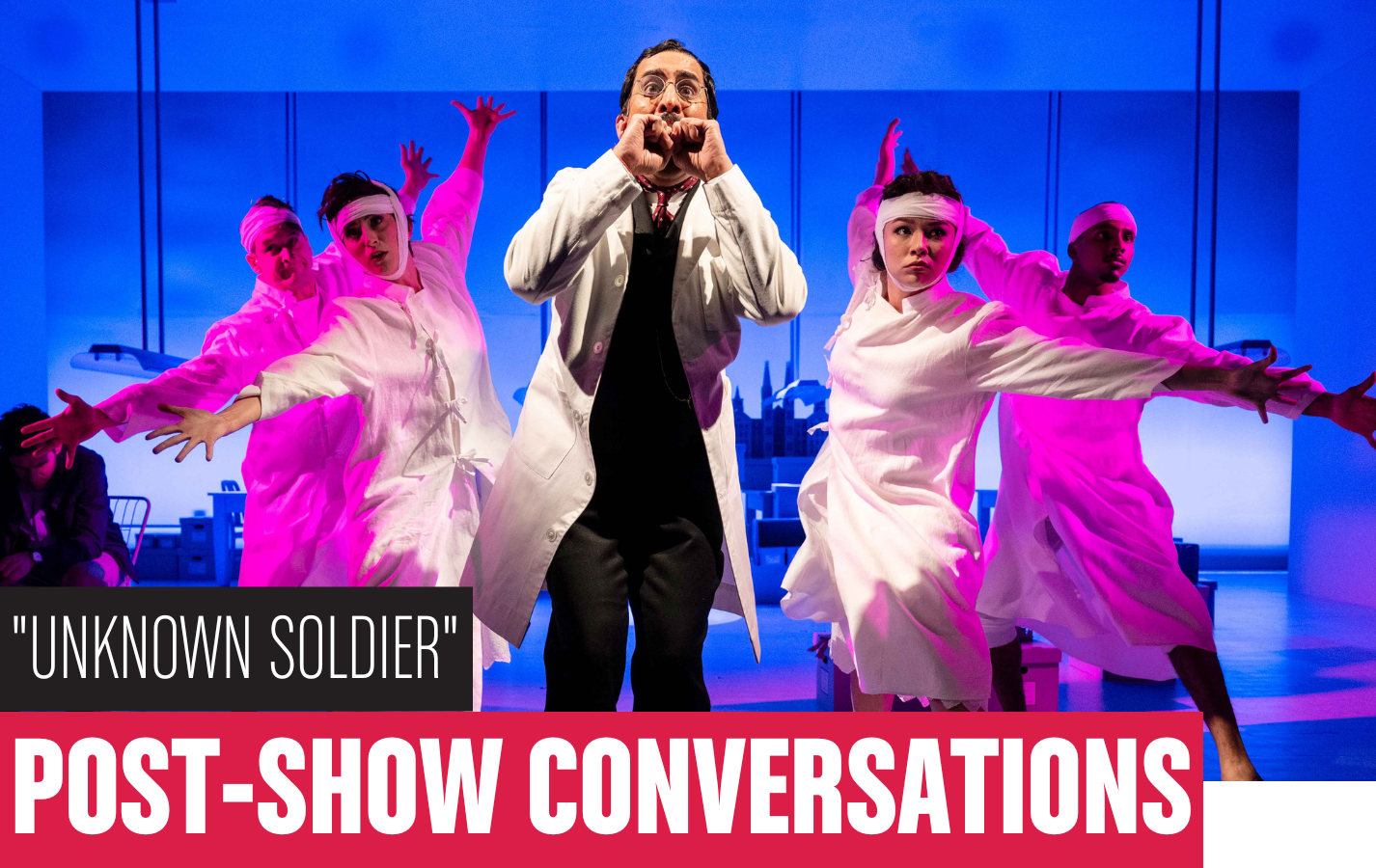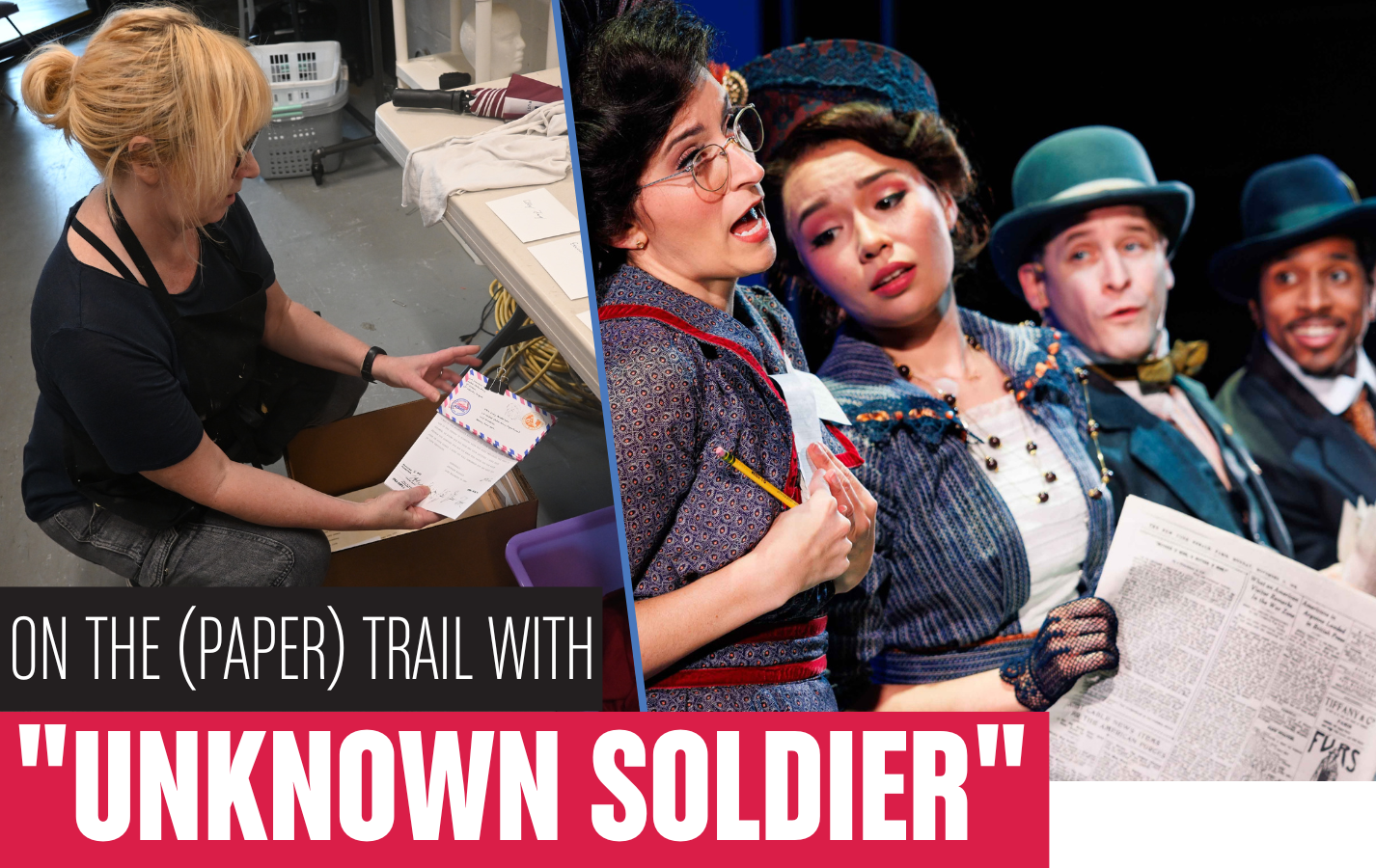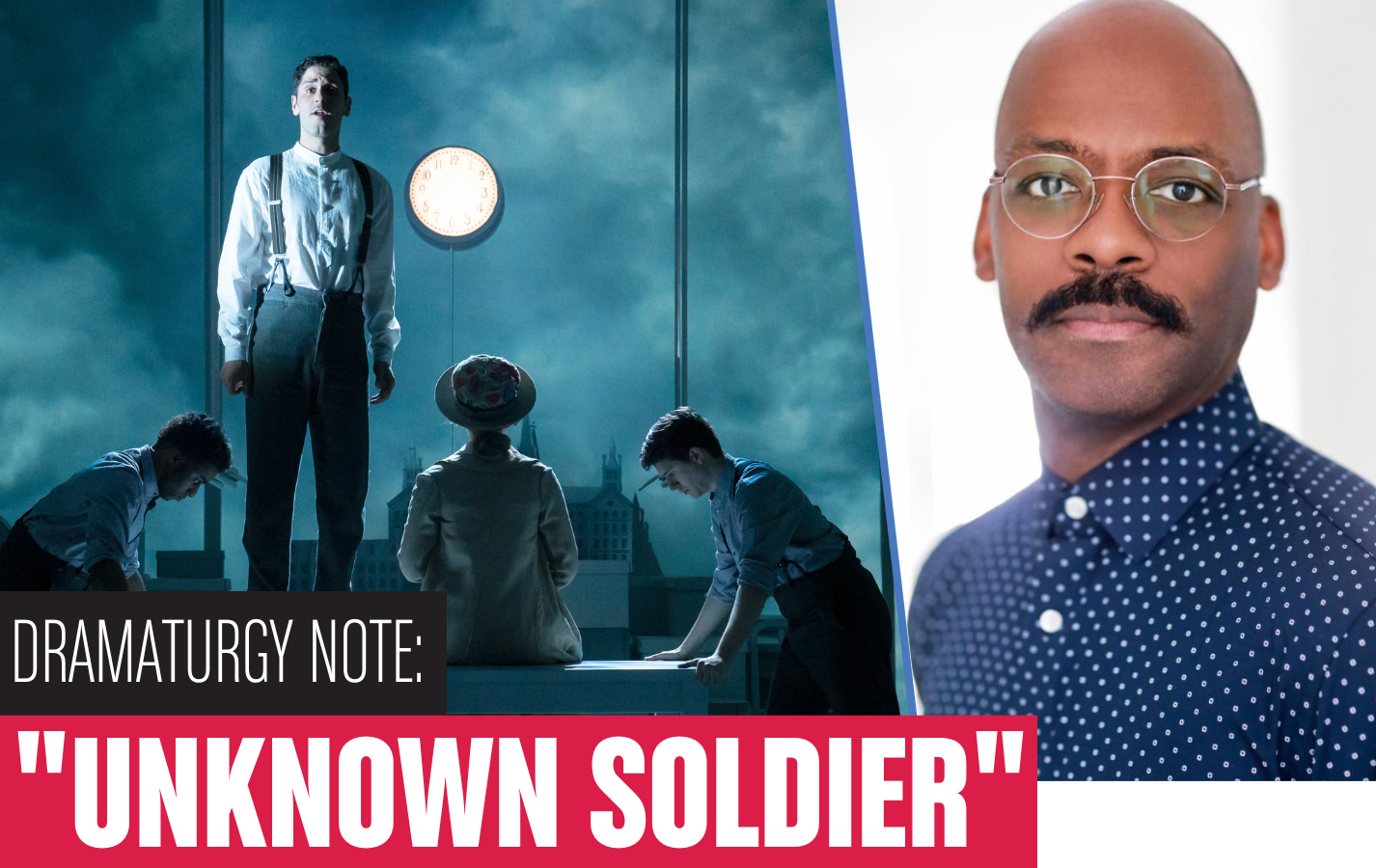
“When Michael Friedman and I set out to write Unknown Soldier, we were interested in figuring out how the past and the present merge, how objects trace through time, and how your history is more fluid than you think and your future less of a mystery than your past.”
— Daniel Goldstein
“Yet I have wondered sometimes whether, for example, we have truly taken seriously that the intricate web of connections that characterizes any event or problem is the story.”
— Avery Gordon, Ghostly Matters: Haunting and the Sociological Imagination
“I’ll wait for you as long as it takes.”
— Lucy Anderson in Unknown Soldier
There are individuals whose names we do not know. There are individuals whose names we do know and about whom little else more than to what they answer to is known. The latter may be true even of our most intimate relations. R&B singer Tamia once crooned about a “stranger in my house.” As children, we may only know our parents and other relations through the slim lens of their roles in raising and caring for us. Who else are they in the world? Who were they before we came along? The challenge of knowing anything about anyone, including ourselves—yes, we are often mysteries unto ourselves—is a key component of Unknown Soldier. Knowledge, history, and memory are entangled, and in the musical, the desire for all three drive every element of the storytelling.
Unknown Soldier concerns forgetting and unknowing on both individual and collective levels. Individuals within the musical long for and seek answers, people, places, and things. Simultaneously, the musical is anchored in events and places about which much has been forgotten. For all the things that we know about the First World War, there is a tremendous amount that the average person does not know. We forget why it happened, and we neglect to ever learn the full extent of its monstrous worldwide implications. The musical is set in Troy, New York, a once vibrant industrial manufacturing city that suffered huge economic and cultural downturns after World War I and again in the 1970s. Troy’s importance to the state of New York and its contributions to American national identity are not legible to those who don’t know the history of the town. For example, did you know that Troy is the hometown of the figure who came to be known as Uncle Sam?
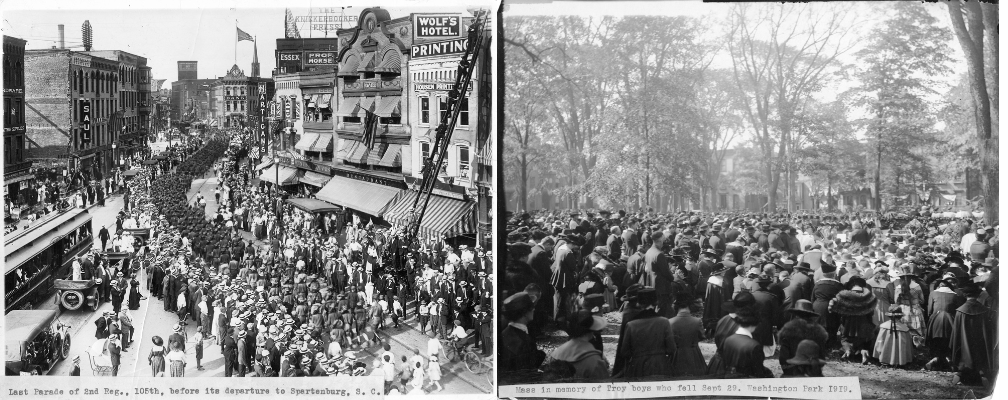
Ellen finds herself back in her grandmother’s home in Troy surrounded by archival objects holding information on her family’s past. The word archive comes from arkheia, a Greek term that refers to “a place where records are kept.” Interestingly, archive is also derived from the word arkhe, which also means “a beginning, the first place.” Ellen finds herself living in a type of archive, wherein she encounters a photograph on a magazine page that ignites her curiosity. This discovery hurls Ellen into an unsettling relationship between what she sees, what she knows, what she thinks she knows, and what she utterly does not know. The show makes clear to audiences that Ellen is seeing the photograph not for the first time, which instructs us that Unknown Soldier, like wives waiting for husbands who have gone off to war, is very much concerned with returns. For the adult Ellen, the photograph starts her onto something new, but it also calls her back to the past. In some way, Ellen’s questions mirror our own.
What have you forgotten? What would you like to forget? What are you trying to remember? What don’t you know that you need to know?
Perry Sherman and Ensemble in Playwrights Horizons production of Unknown Soldier. Photo by Joan Mrcus.
Send-off parade for 105th Infantry Regiment, August 24, 1917. RCHS Collection 2014.24.55c.
Memorial mass for local soldiers killed during WWI. Washington Park, Troy, September 29, 1919. RCHS Collection 2014.24.4.

